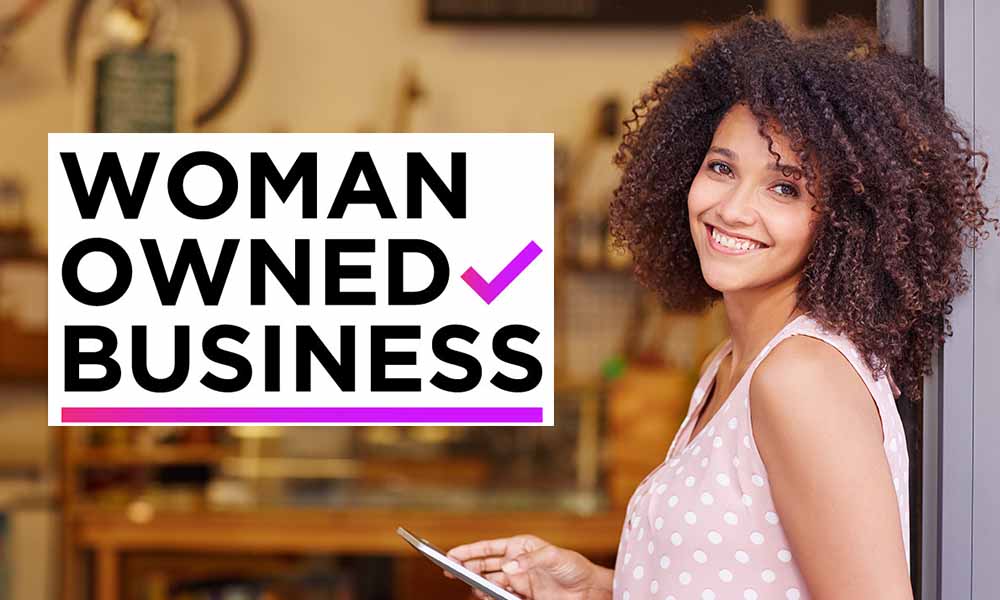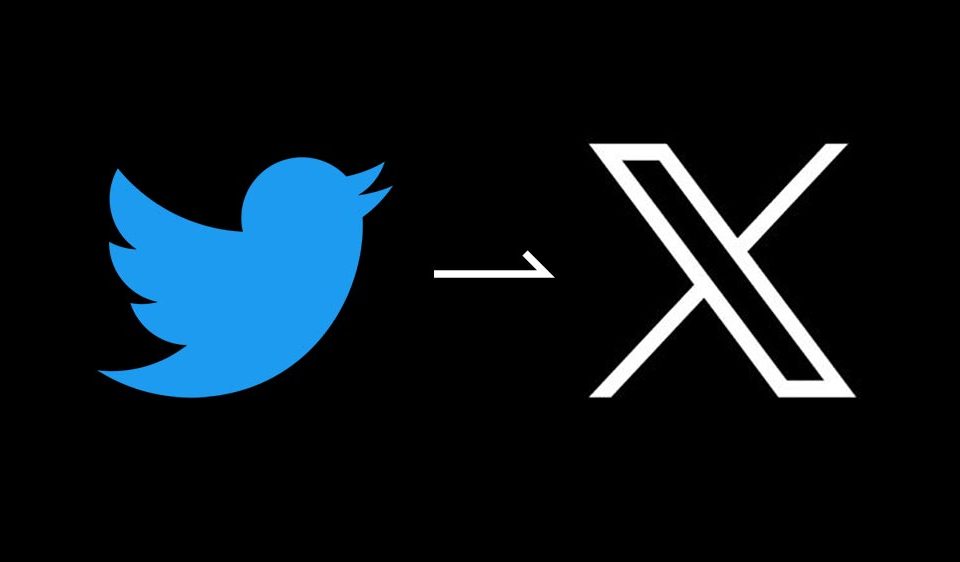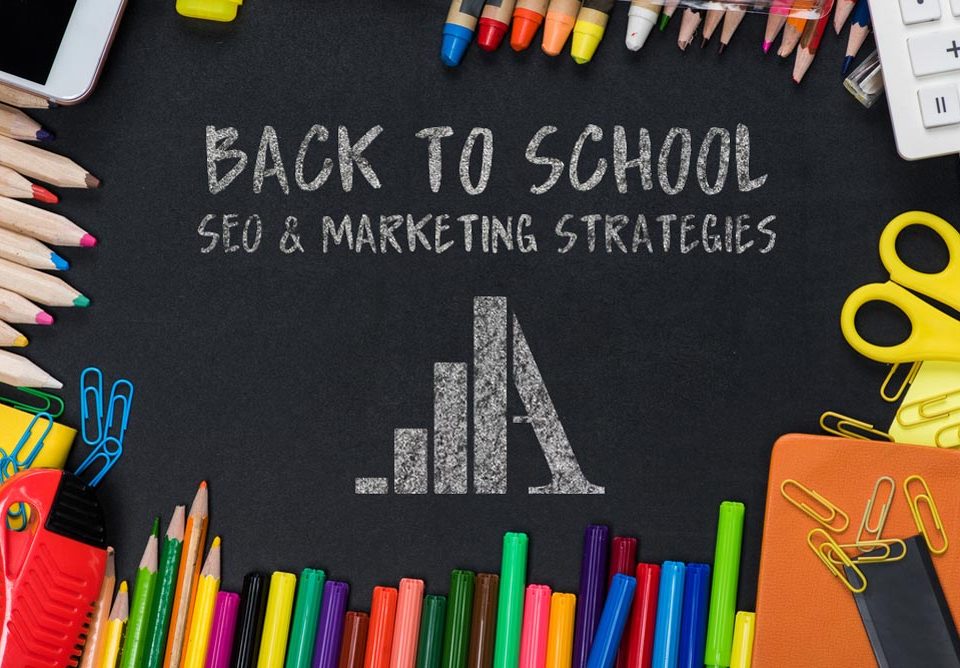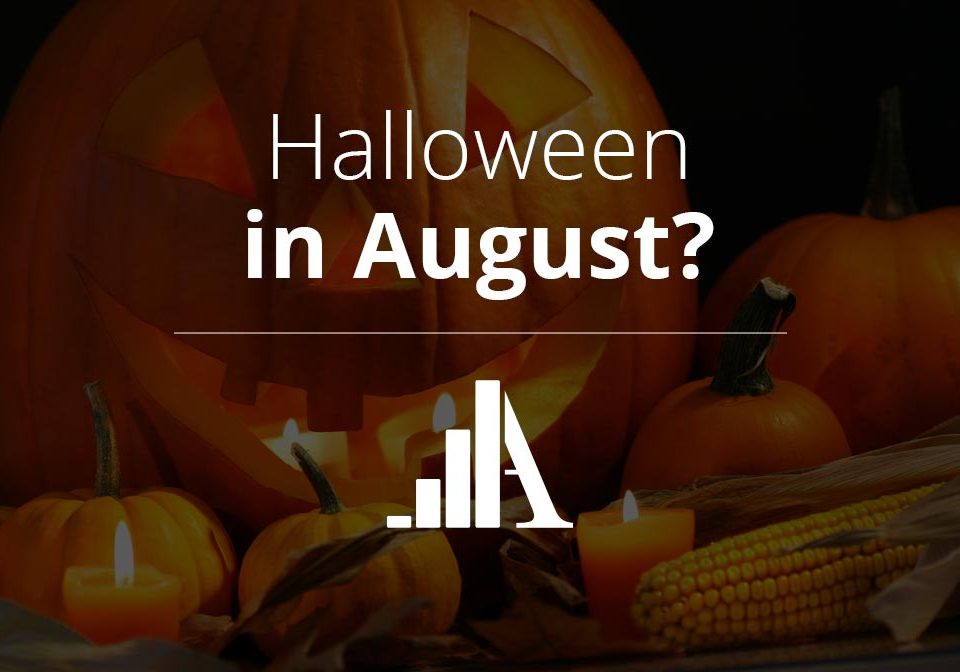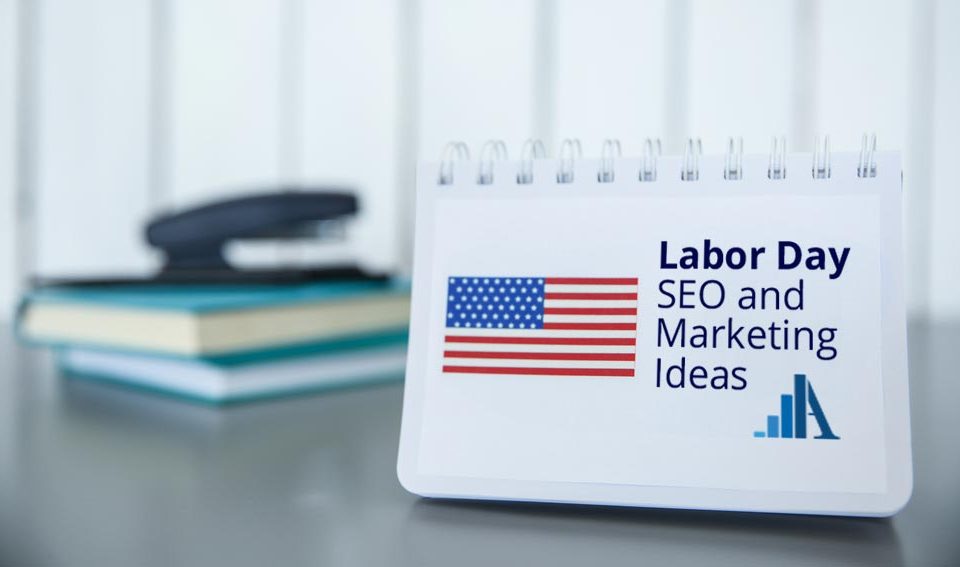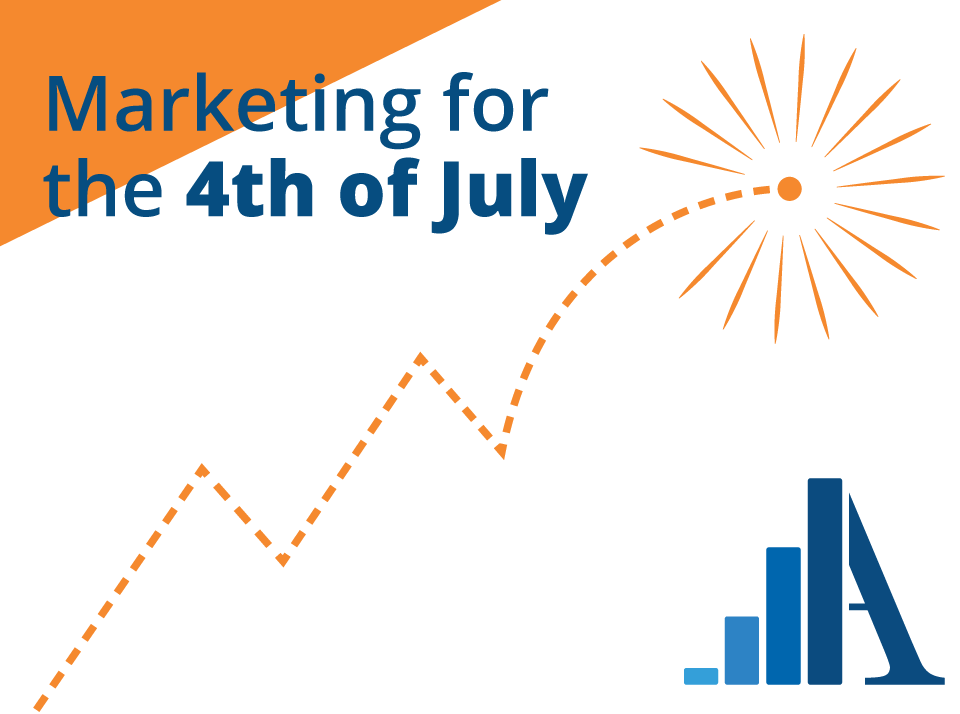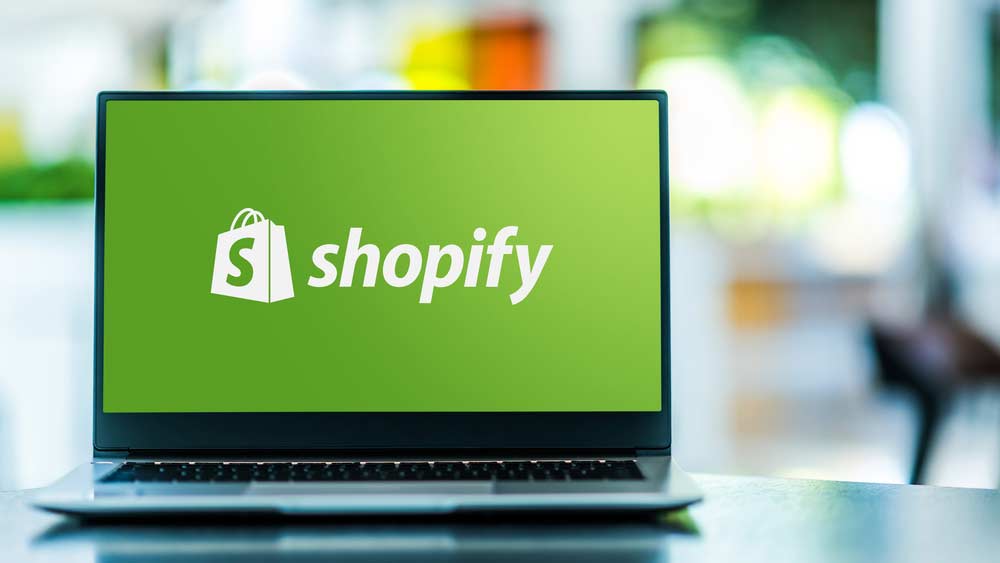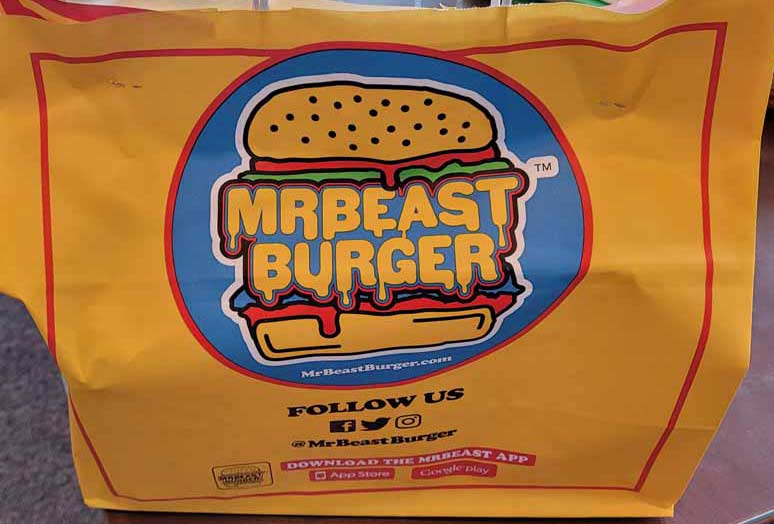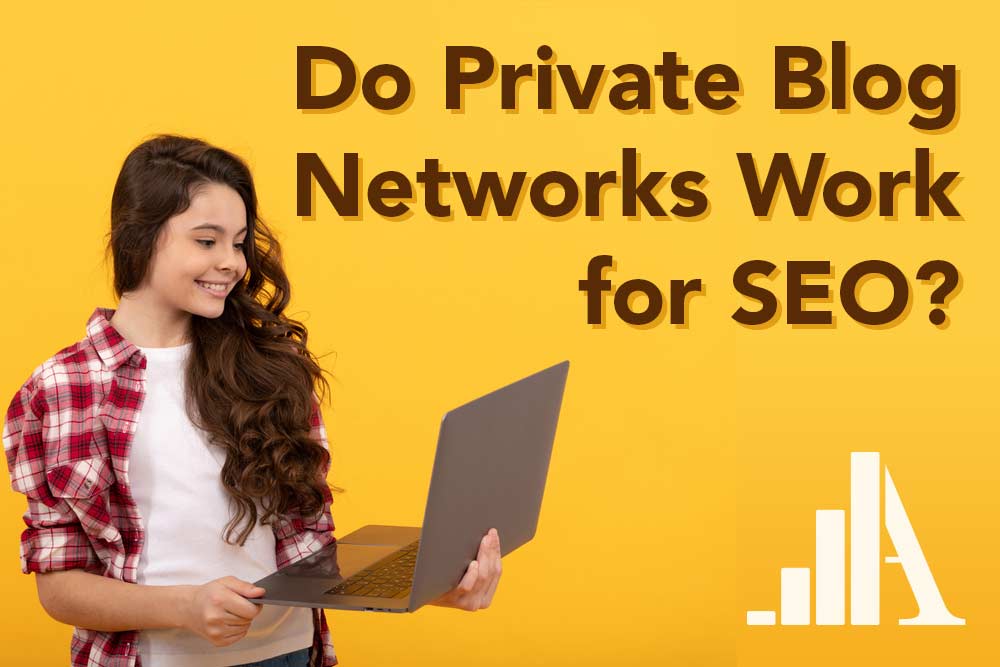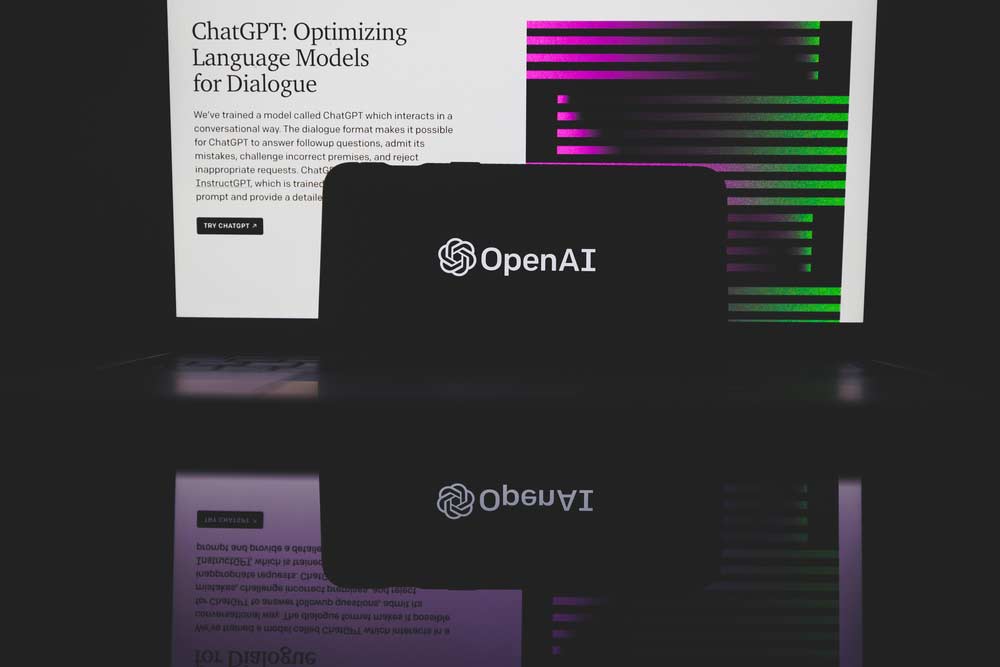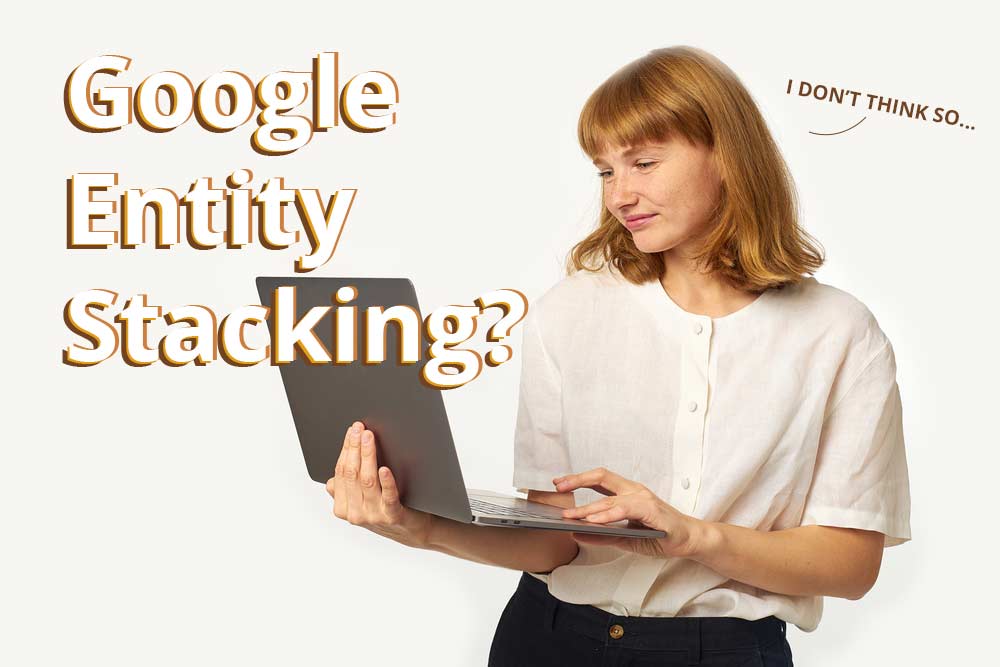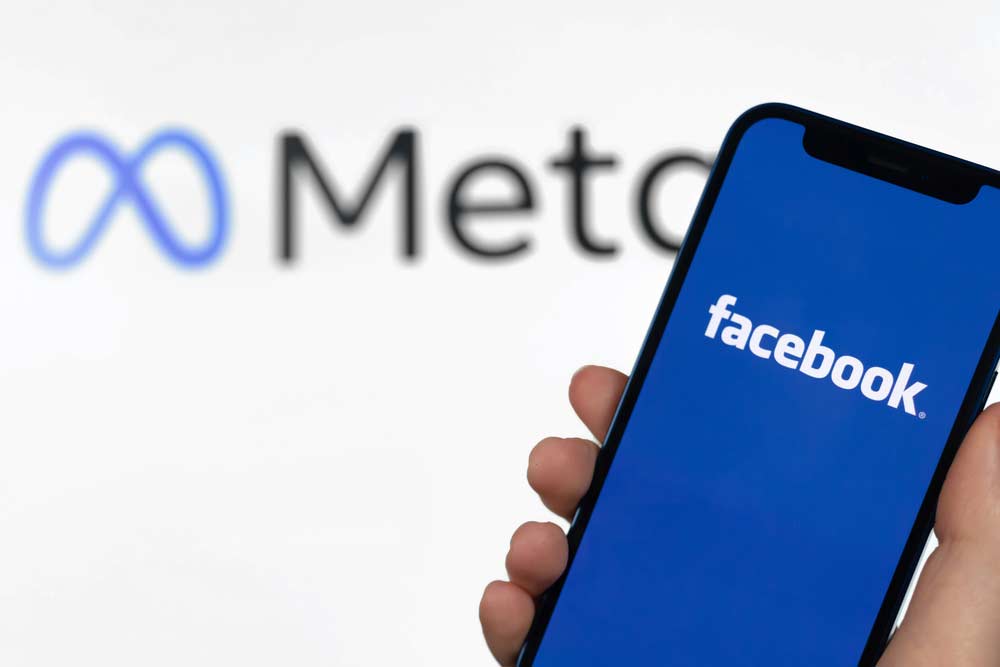
Meta's New Subscription Verification
Mark Zuckerberg's latest grandiose plan is to have a user verification system much like Elon Musk's new Twitter. Anything that has to do with a subscription and payment has been met with a collective shrug among most social media users. Zuckerberg announced a subscription service for Facebook and Instagram called "Meta Verified". The response has been tepid. Is it really worth it? Let's look at the pros and cons of Zuckerberg's Subscription to see if it's worth getting excited about.
According to Zuckerberg, “Meta Verified” will start at $11.99 a month on the web or $14.99 a month on iOS, and the company will begin releasing it in Australia and New Zealand this week and “more countries soon.”
The service also comes with other perks: extra protection from impersonation accounts and direct access to customer support.

Is Zuckerberg's Subscription a Big Mistake?
It's hard to deny that Zuckerberg's announcement was met with a collective “meh” from users. Facebook is already the world's most popular social media platform, and refusing to make a dramatic change to the way it works seems to have made users less than enthusiastic.
Many people already pay for other services related to Facebook, such as ads or games. So, in many ways, a subscription service isn't very different. The question is, will users be willing to pay for a service that they already get for free?
A Look at the Pros and Cons
The most obvious pro of the subscription service would be that users would have access to more features that are currently unavailable or locked behind paywalls. This could include more detailed analytics, access to extra social features, or the ability to customize the look and feel of the platform. This could be a great thing for businesses that want to get the most out of their Facebook pages.
On the other hand, the cons are clear. For one, users may not be willing to pay for something that is already free. Additionally, the subscription cost could add up quickly for businesses that rely heavily on Facebook for marketing and communication.A
In a way to do away with fake accounts, Facebook and Instagram users who want to get the blue verification badge would need to provide a government ID which matches their profile name and picture. Users must also be above 18 to be eligible.
Could This Be the Future of Social Media?
Some might argue that this government ID requirement is an invasion of privacy. It's hard to say whether this could be the future of social media. It seems unlikely that other social media sites would adopt a similar model right away, as there is no guarantee that users will be willing to pay for something they are used to getting for free.
It also remains to be seen if Facebook's subscription service will be successful. It could be that users aren't willing to pay for extra features, or that the subscription price point is too high. Only time will tell.
Is the Price Point Right?
Considering some people think a Netflix subscription is too much money, I would think that the average person would not pau for this. However, it's too early to say whether the price point of the subscription service is right. We don't have actual data on people's thoughts, just assumptions based on other data. It seems likely that it will end up being too high for the average user, but it could be just right for businesses that rely heavily on Facebook.
Only time will tell if the subscription service is successful and whether users are willing to pay the price. Then again, who in their right mind would pay for social media? Since the beginning of social media, it has always been free. They make money off of advertisers.
What Users Are Saying
The response from users has been mixed. Many are excited about the possibility of extra features, but others are skeptical that the service will be worth the money. It also seems that many users feel that the subscription cost is too high.
What the Critics Think
The critics are largely in agreement that the subscription service could be a great way for businesses to get more out of Facebook, but they are skeptical of its overall success. Many feel that the subscription cost is too high and that people won't be willing to pay for something they already get for free.
It remains to be seen if Mark Zuckerberg's subscription service will be successful or not. It could be that users are willing to pay for extra features or that businesses will find the subscription price point just right. Only time will tell, so stay tuned!

